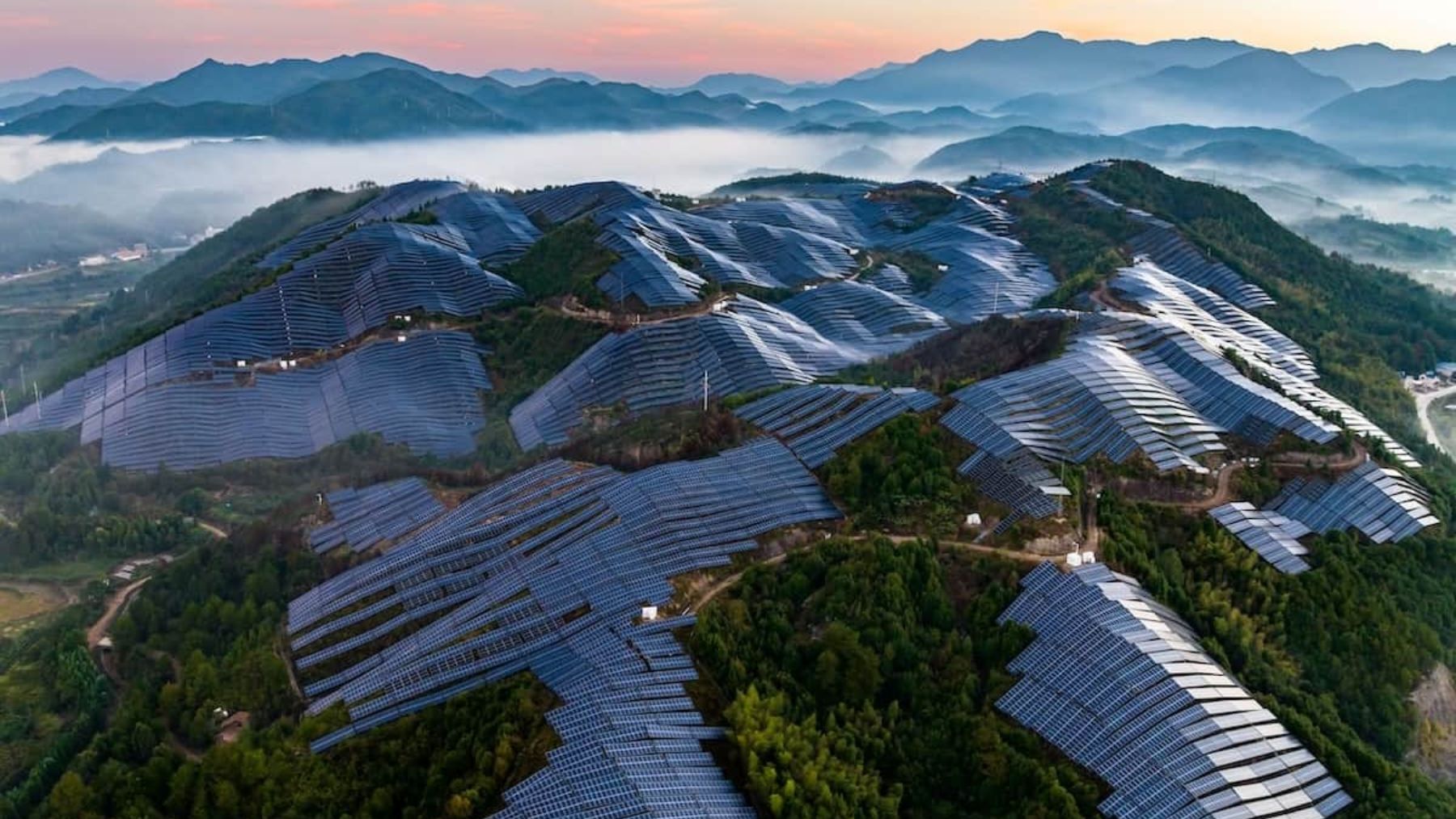This week’s photo series is “The East is Green“. In the run up to Earth Hour tonight, and in the wake of officials once again declaring “war” on pollution in China at the “Two Sessions” meetings in Beijing, we’re looking at some of the country’s recent attempts to improve environmental conditions – from grassroots NGOs to technological innovations and more.
Yu Kongjian is the founder and dean of the school of landscape architecture at Peking University as well as being the founding director of Turenscape, an architectural firm that puts environmental concerns at the heart of a lot of their work. Earlier this week, Yu spoke at Melbourne Design Week, and was subsequently the subject of a profile in The Guardian highlighting his pioneering “sponge cities” approach:
Yu’s designs aim to build resilience in cities faced with rising sea levels, droughts, floods and so-called “once in a lifetime” storms. At 53, he is best known for his “sponge cities”, which use soft material and terraces to capture water which can then be extracted for use, rather than the usual concrete and steel materials which do not absorb water.
European methods of designing cities involve drainage pipelines which cannot cope with monsoonal rain. But the Chinese government has now adopted sponge cities as an urban planning and eco-city template.
Read the full piece here and find out more about Turenscape here.
Photo: NGV


















